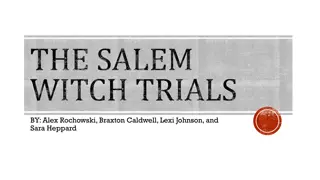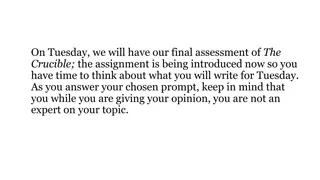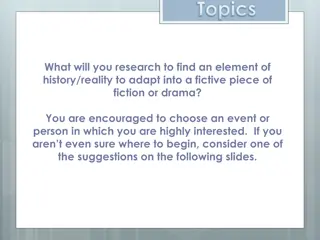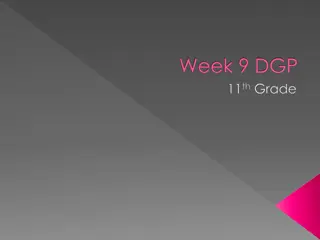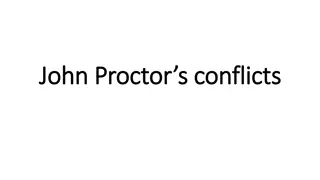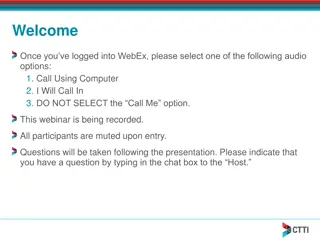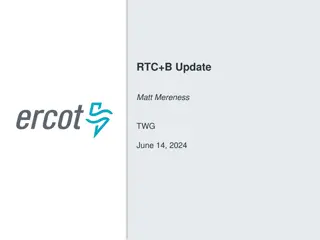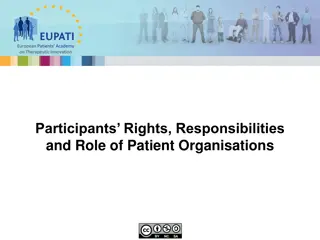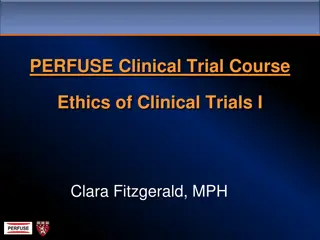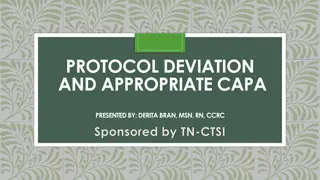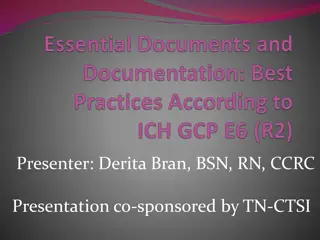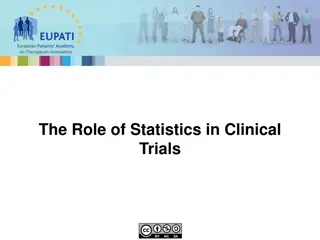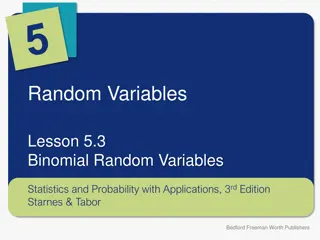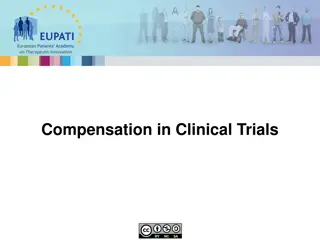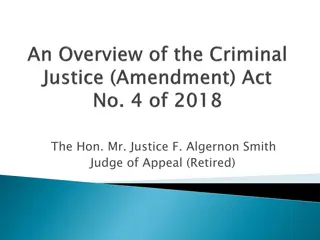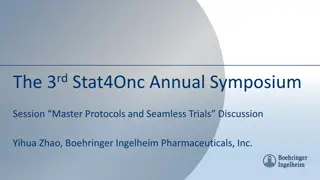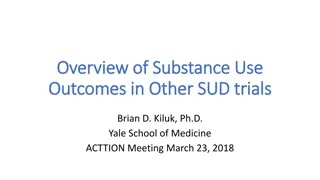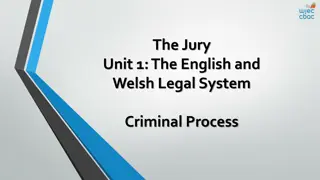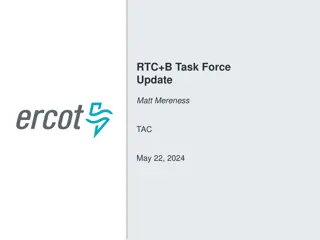Lessons from the Salem Witch Trials
The Salem Witch Trials in 1692 were a dark period in American history where many were accused of witchcraft based on superstitions and hysteria. Accusations were unfair and people were condemned without proper evidence. Lessons learned include the importance of the right to a fair trial, the presumption of innocence, the separation of church and state, and the protection of religious freedom.
Download Presentation

Please find below an Image/Link to download the presentation.
The content on the website is provided AS IS for your information and personal use only. It may not be sold, licensed, or shared on other websites without obtaining consent from the author. Download presentation by click this link. If you encounter any issues during the download, it is possible that the publisher has removed the file from their server.
E N D
Presentation Transcript
IF ACCUSED OF BEING A WITCH, THE COURTS COULD USE THE FOLLOWING EVIDENCE AGAINST YOU IN 1692: 1. Witches are unable to shed tears, so if you ve cried recently, this disproves you are a witch. 2. Birthmarks on the body can be interpreted as the Devil s mark. 3. Witches use animals as agents to carry out the devil s commands. Owning pets is a sign that you are a witch. 4. Witches believe in and perform magic. 5. 76% of Accused witches were females and 24% males, ranging in age from 4- 71 years old. In 1692, females were considered more likely to give into witchcraft.
ADDITIONAL SIGNS OF BEING A WITCH IN SALEM 1692: You do not follow strict Puritan practices/ values closely enough You are related to an accused witch. You value evil things such as wealth and money. If accused of being a witch, we also assume that you: can fly cast spells on others, have evil rituals, meet with other witches have made a pact with the devil
DISCUSSION QUESTIONS 1. Were the accusations presented in a fair way of deciding someone s guilt or innocence? Why? 2. In 1692, many people had to go to trial just because someone else accused them of being a witch. What problem do you see with this practice? 3. In 2015, if you are accused of a crime, what does our current system of government offer to those who are accused? 4. What lesson(s) can we learn from the Salem Witch Trials?
LESSONS LEARNED FROM SALEM WITCH TRIALS: Right to a fair trial Innocent Until Proven Guilty Separation of Church and State Religious Freedom


